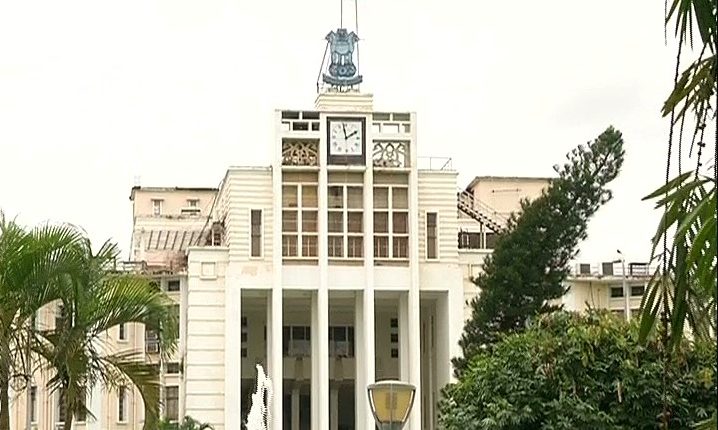Odisha Assembly passes resolution for creation of Legislative Council
The Odisha State Assembly has passed resolution seeking creation of Legislative Council (Vidhan Parishad or second house of legislature). The resolution was passed with as many as 104 of total 147 legislators casting their votes in its favour. The resolution now will be sent to Central Government (Union cabinet) for approval, following which it will be tabled in both houses of the Parliament. Thereafter, presidential assent is required to make it Act.
Background
The proposal for creation of Legislative Council in Odisha was passed by State Cabinet chaired by Chief Ministry in August 2018. The proposed Council will have 49 members (one-third size of state assembly. State government plans to function legislative council from old assembly building while the existing assembly secretariat will cater to its administrative needs.
Legislative Council: Explained
India has bicameral system of legislature. Just as Parliament has two Houses, States can have Legislative Council (LC) in addition to the Legislative Assembly if they choose to. This option is available under Article 171 of the Constitution.
Constitutional provisions: Under Article 169, legislative council can be formed if state legislative assembly passes resolution to that  effect by majority of total membership of assembly and by majority of not less than two-thirds of members of assembly present and voting (i.e. by Special Majority). Parliament can then pass a law to this effect.Currently, seven states have Legislative Councils viz. Andhra Pradesh, Bihar, Jammu and Kashmir, Karnataka, Maharashtra, Uttar Pradesh and Telangana. Apart from these, Tamil Nadu Government had passed law to set up Council but it was withdrawn in 2010. Andhra Pradesh’s Legislative Council, set up in 1958, was abolished in 1985, but was again reconstituted in 2007. Proposals to create Councils in Rajasthan and Assam are pending in Parliament.
effect by majority of total membership of assembly and by majority of not less than two-thirds of members of assembly present and voting (i.e. by Special Majority). Parliament can then pass a law to this effect.Currently, seven states have Legislative Councils viz. Andhra Pradesh, Bihar, Jammu and Kashmir, Karnataka, Maharashtra, Uttar Pradesh and Telangana. Apart from these, Tamil Nadu Government had passed law to set up Council but it was withdrawn in 2010. Andhra Pradesh’s Legislative Council, set up in 1958, was abolished in 1985, but was again reconstituted in 2007. Proposals to create Councils in Rajasthan and Assam are pending in Parliament.
Members of LC: Under Article 171 of Constitution, Legislative Council of state cannot have MLCs more than one-third of total number of MLAs of state assembly and not less than 40 members. Jammu & Kashmir is exception, as Section 50 of state’s Constitution, Assembly has 87 members and Legislative Council 36. The tenure of Member of Legislative Council (MLC) is six years (similar to Rajya Sabha MPs), with one-third of members retiring every two years.
One-third of MLCs are elected by state’s MLAs, another 1/3rd by special electorate comprising sitting members of local governments such as municipalities and district boards, 1/12th by electorate of teachers and another 1/12th by registered graduates. The remaining members are appointed by Governor for distinguished services in various fields such as literature, science, art, co-operative movement and social service (in case Rajya Sabha, President can nominate 12 members from field of literature, science, art and social service).
Powers of LC vis-à-vis Rajya Sabha
The legislative powers of Legislative Councils are limited compared to Rajya Sabha and State Assembly. Rajya Sabha has substantial powers to shape non-financial legislation, but Legislative Councils lacks constitutional mandate to do so. State Assemblies can override suggestions and amendments made to legislation by Legislative Council. Again, unlike Rajya Sabha MPs, MLCs cannot vote in elections for President and Vice President. Vice President is ex officio Chairperson of Rajya Sabha, whereas MLC elected by Council members is its Chairperson.
Arguments in of favour LC: It can help check hasty actions by directly elected House, and also enable non-elected and eminent personalities to contribute to legislative process.
Arguments against: Legislative Council can be used to delay legislation and to park political leaders who have not been able to win election.
Month: Current Affairs - September, 2018


